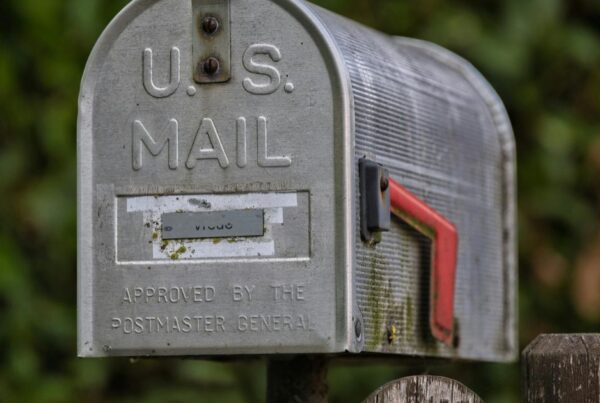 Artificial Intelligence isn’t just changing how businesses operate, it’s rewriting the rules for how we handle intellectual property, liability, and confidentiality.
Artificial Intelligence isn’t just changing how businesses operate, it’s rewriting the rules for how we handle intellectual property, liability, and confidentiality.
For tech companies, SaaS providers, and any business using AI to develop products or services, your contracts need to evolve. The clauses that worked for you five years ago may leave you exposed today.
At our law firm, we work with clients in business litigation and transactional law who want to protect themselves before disputes happen. In 2025, that means making sure your agreements reflect the new realities of AI.
Who Owns AI-Generated Work? Clarifying Intellectual Property Rights
One of the biggest challenges with AI is ownership. If your AI system creates software code, marketing copy, designs, or product ideas, who actually owns it?
In many traditional contracts, intellectual property clauses assume human authorship. But with AI:
- You may need to confirm whether your AI outputs are eligible for copyright or patent protection.
- If you’re using third-party AI tools, you’ll need to check the provider’s terms to ensure you have full commercial rights.
- If you’re developing AI for clients, you must clearly state whether the client or your company owns the outputs.
Tip: Adding a specific “AI-generated IP ownership” clause can avoid costly disputes down the road.
Indemnity for Third-Party AI Use: Who’s Liable if Something Goes Wrong?
AI can make mistakes. It can produce inaccurate information, replicate copyrighted works, or even generate harmful content. If you’re a tech company or any business in general offering an AI-powered product or service, you could be held responsible for what your AI produces.
In 2025, tech companies should:
- Include indemnity clauses to protect against claims from third parties based on AI outputs.
- Define clear limits of liability for issues like data breaches, misuse of AI-generated content, or infringement claims.
- Ensure your AI vendors also provide you with upstream indemnity protection so liability doesn’t stop at your tech company.
Without these protections, a single AI-related claim could escalate into a high-stakes business dispute.
Redefining Confidentiality for AI Outputs
AI learns from the data you give it, and sometimes, that means sensitive or proprietary information could be stored or reproduced in ways you didn’t expect.
Your confidentiality clauses should:
- Restrict how AI systems store and process confidential information.
- Clarify that AI-generated summaries, reports, or outputs containing sensitive data are also protected.
- Prevent vendors from using your data to train AI models unless explicitly agreed upon.
The old definition of “Confidential Information” often isn’t enough to cover derived or AI-generated materials.
Why Tech Companies Should Update Contracts Now—Not After a Dispute
We’ve seen too many businesses in tech wait until they’re in litigation to address AI-related risks. By then, the damage, financial, operational, and reputational, may already be done.
Updating your contracts now helps:
- Avoid misunderstandings with clients, partners, and vendors.
- Strengthen your position if disputes do arise.
- Keep your business compliant with evolving AI regulations.
How We Can Help
Having worked with many companies involved in tech, at Ayala Law, our business litigation and transactional attorneys understand both the legal and technical side of AI. We help tech companies:
- Draft AI-specific contract clauses that reflect current laws and risks.
- Negotiate agreements with vendors, clients, and collaborators.
- Resolve disputes when AI-related issues arise.
If your business uses AI, or works with companies that do, now is the time to make sure your contracts are ready for 2025 and beyond, contact one of our experienced business attorneys in Miami at 305-570-2208.
You can also contact our founding attorney Eduardo A. Maura at eduardo@ayalalawpa.com.
Schedule a case evaluation online here.
[The opinions in this blog are not intended to be legal advice. You should consult with an attorney about the particulars of your case]. tech
Subscribe to Our Blog
Stay informed with our latest blog posts delivered directly to your inbox. Gain valuable legal insights, tips, and advice from our seasoned attorneys.







